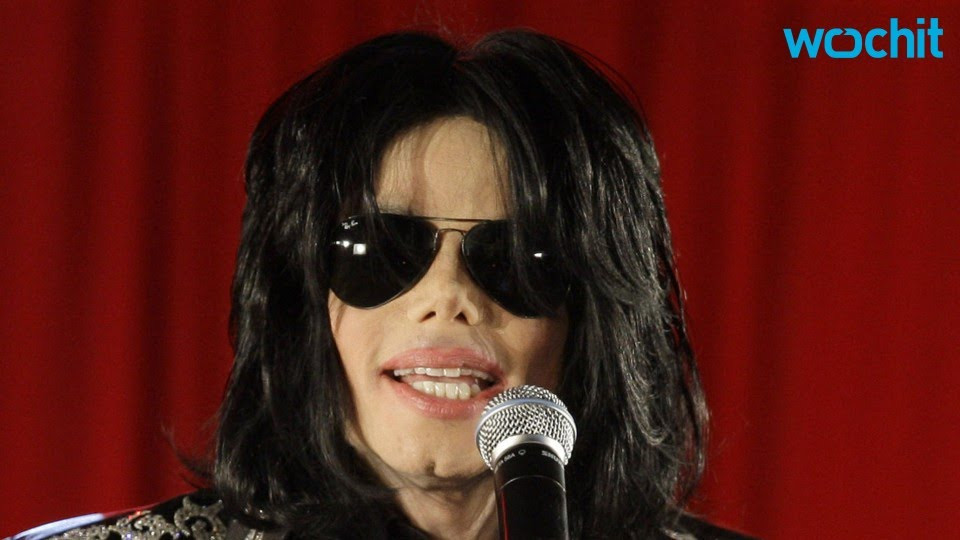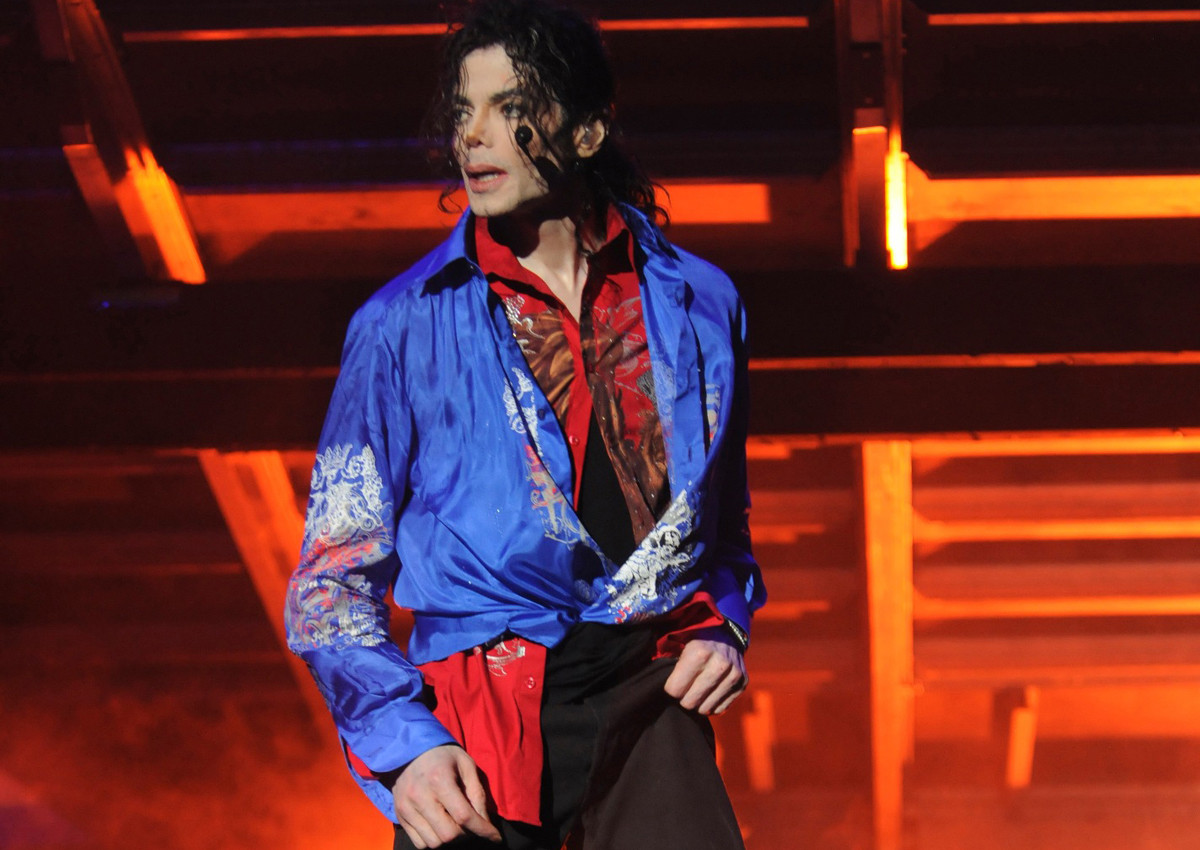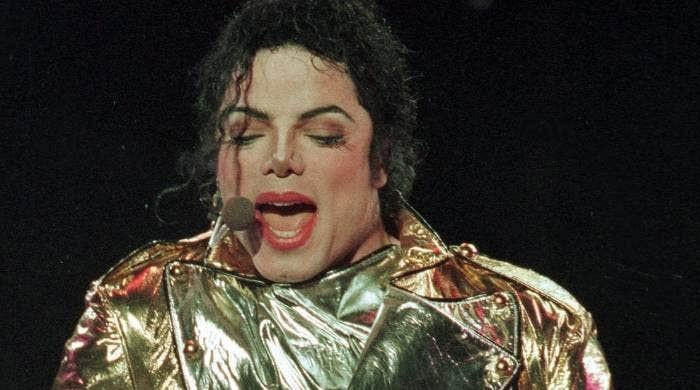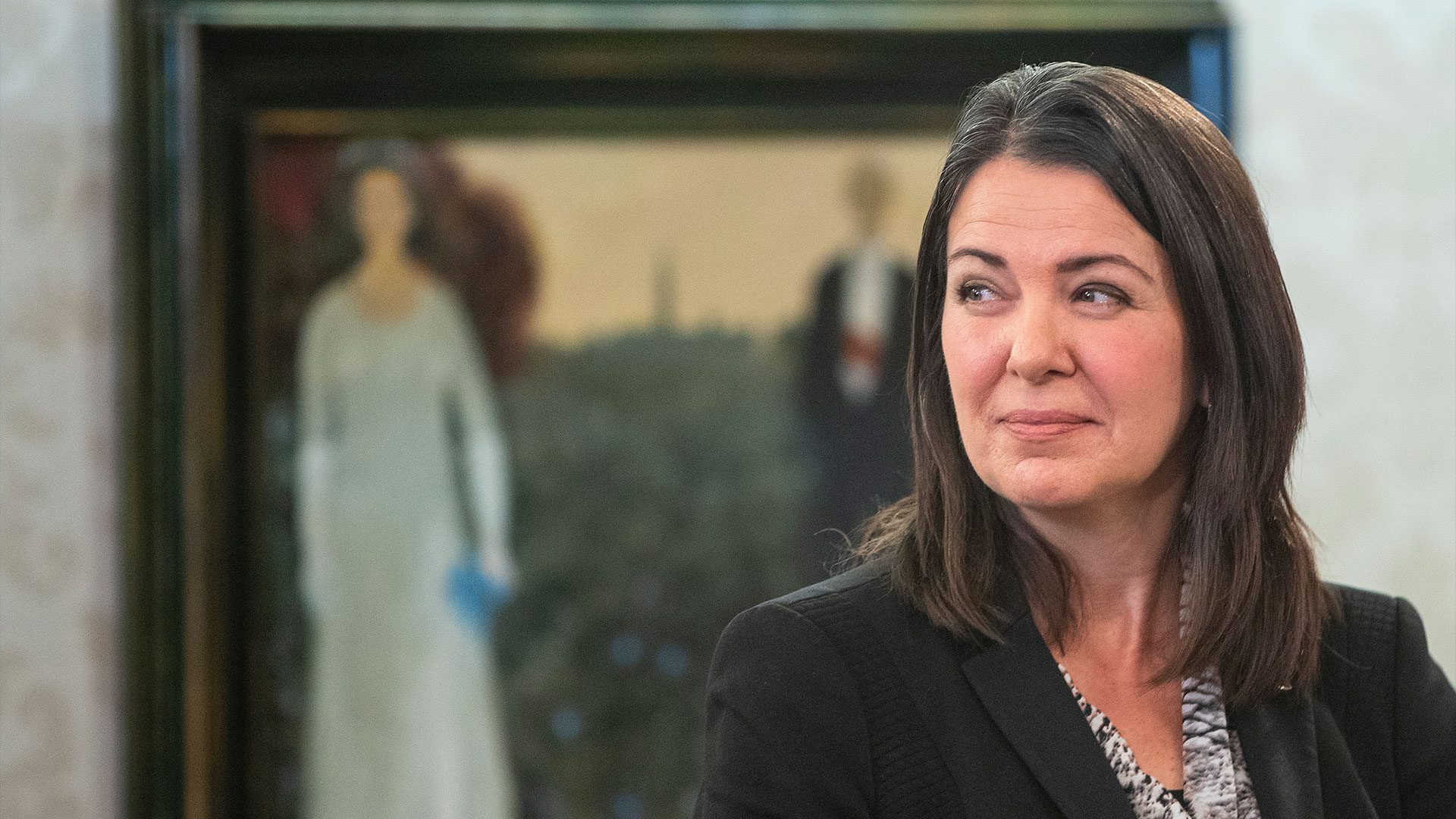A Los Angeles appeals court has denied an attempt by Michael Jackson's mother to prevent the singer's estate from selling a portion of his songs to Sony Music Group for about $600 million. The appeals court on Wednesday, Aug. 21 upheld a prior ruling by a probate court that Katherine Jackson's objections to the transaction do not hold water.
The appeals court determined that Michael Jackson's will grants the musician’s executors «broad powers to buy and sell estate assets in the estate›s best interests” while stipulating that “all of the estate’s assets will be distributed to the trust” — of which the performer’s mother and children are beneficiaries.
Katherine Jackson had tried to argue that those provisions were contradictory, but the appeals court disagreed.
The appeals court also rejected Katherine Jackson’s challenge on grounds that she “forfeited her contention that the proposed transaction violates the terms of Michael’s will because she did not make that contention” in a lower court.
According to court documents, Katherine Jackson had previously complained that selling assets from Michael Jackson’s catalog would violate her son’s wishes, but acknowledged that executors had the power to do so. The appeals court also noted that Katherine Jackson was the only family member and beneficiary of the trust to formally object to the sale.
In February, Sony Music Group closed a deal to purchase half of Michael Jackson’s masters for at least $600 million, according to Billboard.
The Legal Complexities
The rejection by a Californian appeals court of Katherine Jackson’s argument that the sale of a 50% stake of Jackson’s back catalogue is contrary to the will, exemplifies the arguments that can develop over inherited music rights. Intellectual property (IP) can provide revenue for beneficiaries of an artist’s estate for years after an artist’s death, yet the extent of the revenue and exactly which IP will generate it is unpredictable. Consequently the reasonable exploitation by a legal owner may be unpalatable to the beneficiaries who have a complicated emotional investment in the assets.
In most ordinary estates, assets and their values are easily defined. By contrast, the estates of musicians, writers and other artists with a substantial IP legacy are notoriously complex and rife with tension because of their potential to increase in value after the artist’s death: songs that might have become less popular as the artist’s fame waned are rediscovered by a new audience through media coverage and tribute shows; sales for an artist can surge as they become posthumously popular.
To be effective in these circumstances a lawyer must not only be technically astute but also diplomatic and emotionally intelligent to ensure disagreements between executors and beneficiaries are minimised (and certainly kept well away from the courtroom).
Executors' Duties
The latest ruling in the Jackson estate concluded that the language of the will is sufficiently ambiguous not to support Katherine Jackson’s claim that it required executors to “sell off as little of the estate as possible after paying legitimate estate debts”. This means that an apparent agreement may proceed between Sony and the executors for half of Michael Jackson’s publishing and recording music catalogue worth between an estimated USD $600 million and USD $750 million.
While the principles provide a useful example, the Jackson case is governed by Californian law and an English judge operating under English law may not have reached the same conclusion.
Usually, English wills give the executors the power to allocate assets between beneficiaries. This flexibility means executors can take into account all the circumstances at the time. While flexibility helps the executors to act in the best interests of the beneficiaries, the beneficiaries need to trust the executors are doing so. To achieve this a testator (the person whose will it is) must choose executors they trust, and explain their choice to their beneficiaries at the time the will is prepared, encouraging support of the executors and a willingness to compromise (despite any expectations beneficiaries may have of receiving certain assets).
Valuing Assets
After an artist’s death, and despite the difficulties of doing so, executors must obtain valuations of all the deceased’s assets, including the IP. Valuations are prepared as of the date of death for the inheritance tax return and probate application and as of the date of appropriation if for the purpose of allocation between beneficiaries (as well as to calculate any tax that may be due on profits made since the date of death).
Date of death valuations are usually based on several years’ income up to the date of death and may include an element of “hope value”. A commonly used example of hope value is that of a field with planning permission to build houses: the valuation of the field must take into account not just its current use but the added value of the right to build houses on it.
This work can be further complicated if an artist has not kept their affairs in order during their lifetime. Payment and receipt of royalties is notoriously chaotic which makes identifying an artist’s income streams after their death particularly challenging. It is, therefore, important to get hold of all of contracts and agreements, if you can find them.
“After an artist’s death, and despite the difficulties of doing so, executors must obtain valuations of all the deceased’s assets, including the IP.”
Balancing Duties
Once the assets have been valued, the executors must balance their duties to act in the best interests of the beneficiaries and to obtain the best price for an asset (if they decide to sell it) with the demands (and behaviour) of the beneficiaries. Michael Jackson’s executors must have concluded that the Sony valuation of the back catalogue represented the best deal for the beneficiaries based, one assumes, on multiple valuations and careful professional analysis of the assets.
Being an executor can be a thankless task so one can understand the perspective of executors who decide to sell IP rights so distributions to the beneficiaries become fixed sums of sale proceeds.
Preventing Disputes
Surviving family members can challenge a will and the decisions of executors, which inevitably is more likely if the estate is valuable. To guard against this, the will (and accompanying letters of wishes) should be as clear as possible about anything likely to prove controversial, so a testator must be thoughtful and honest with their lawyers when preparing their will so that potential controversies can be minimised. Doing so not only preserves the estate for the beneficiaries (rather than spending it on litigation) but it protects beneficiaries and minimises press intrusion.
If someone dies without having made a will the position can be especially complex. In these circumstances there are rules (the intestacy rules) that must be followed to determine who is entitled to the estate.
However a dispute over an estate may arise, beneficiaries must be open to compromise; if a lengthy, costly court battle ensues, which depletes the assets being fought over, then no one wins and much emotional damage can be done.
Artists' Estates: Complexities and Uncertainties
Artists of Michael Jackson’s stature and controversy are rare, as is the complexity of his intellectual property, so other artists should be reassured that it’s unusual for an estate not to have been wound up 15 years after an artist’s death. Nevertheless the fact that the IRS continues to hold a lien (a right to property until a debt is discharged) because of a disagreement over the valuation of a single unnamed asset should serve as a reminder of how difficult the administration of artists’ estates can be and the value of preventative legal advice and proper organisation.
As the music industry continues to evolve, artists own ever more sophisticated intellectual property which can be expected to generate considerable income even after their deaths. For example, estate beneficiaries claiming a right to income from successful stage shows using the artist’s name: one would hope that the producers of such a show would ensure agreements were in place beforehand (with the correct parties) to protect against future claims but much of these waters remain unchartered.
The Future of Artists' Estates
Although the example of a famous musician’s death comes with its own intricacies, all probate lawyers must be not only be well versed in the legal complexities of probate but also adept at understanding a family’s dynamics quickly and facilitating effective communication. This need is particularly acute in the case of family members grieving for a musician who has died young.
While the latest court ruling over Michael Jackson’s estate relates to his back catalogue, another area which could introduce yet further complications (to his estate and others) is the role of artificial intelligence (AI). Whilst Californian state law in 1985 declared that the right to use a celebrity’s image, including their voice and likeness, passes to their estate and any money from licensing goes to the estate, the legal position may well be different in other US states and other countries.
An example of the difficulties uncertainty in this area can cause is the paralysis for several months of the Hollywood film industry due to a dispute over the use of CGI of deceased actors.
Clearly the administration of artists’ estates remains fertile ground for disputes. The value of proper legal advice, from preparation of a will to the administration of an estate should not be underestimated. Music Business Worldwide
Sony Acquires Michael Jackson's Catalog: The Court's Decision
The California Court of Appeals has upheld a deal between Sony Music Group and the estate of Michael Jackson, allowing the music giant to acquire a substantial portion of the late artist’s catalog for $600 million.
According to Billboard, the court’s decision, finalized on August 21, 2024, permits the sale of half of Jackson’s publishing and recorded masters catalog, despite objections from his mother, Katherine Jackson.
The legal dispute centered around whether the estate’s executors, John Branca and John McClain, violated the terms of Michael Jackson’s will by proceeding with the deal.
Katherine Jackson had argued that the sale contradicted her son’s wishes and that the catalog would continue to increase in value if retained by the estate.
However, the court ruled that the executors were within their rights, stating that the will granted them broad powers to manage and sell estate assets as they deemed necessary.
“The will gave the executors broad powers of sale, with no exception for the specific assets at issue in this case,” the court wrote.
As such, they concluded that the executors did not breach any terms of the will by selling the assets to Sony.
Potential Appeal and Family Tensions
While the ruling is a significant step forward for the estate, Katherine Jackson may still appeal the decision to the California Supreme Court.
However, legal experts suggest that her chances of overturning the ruling are slim.
This legal battle has also highlighted tensions within the Jackson family, with Michael Jackson’s children—who initially opposed the sale—later accepting the probate judge’s decision to approve the deal.
Future of Michael Jackson's Legacy
Despite the familial disputes, the court’s decision has cleared the path for Sony Music Group to solidify its control over a portion of one of the most valuable music catalogs in history.
As the legal proceedings draw to a close, the focus now shifts to how the estate will manage its remaining assets and the ongoing legacy of Michael Jackson’s music.



















